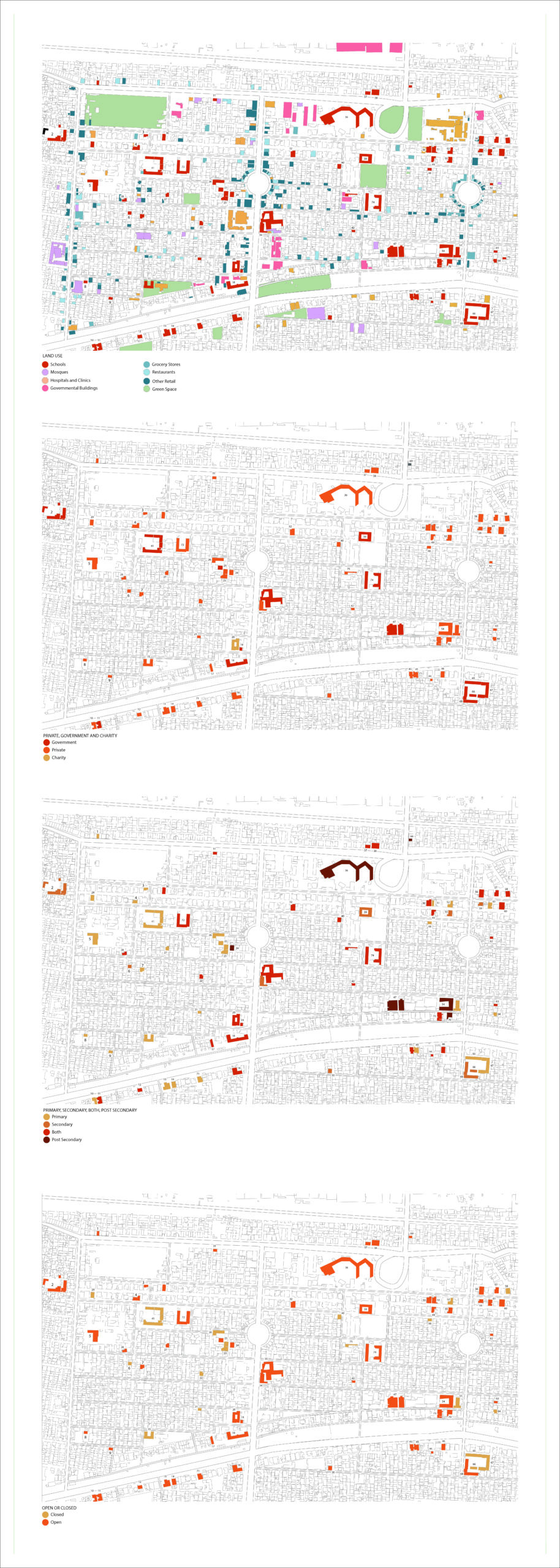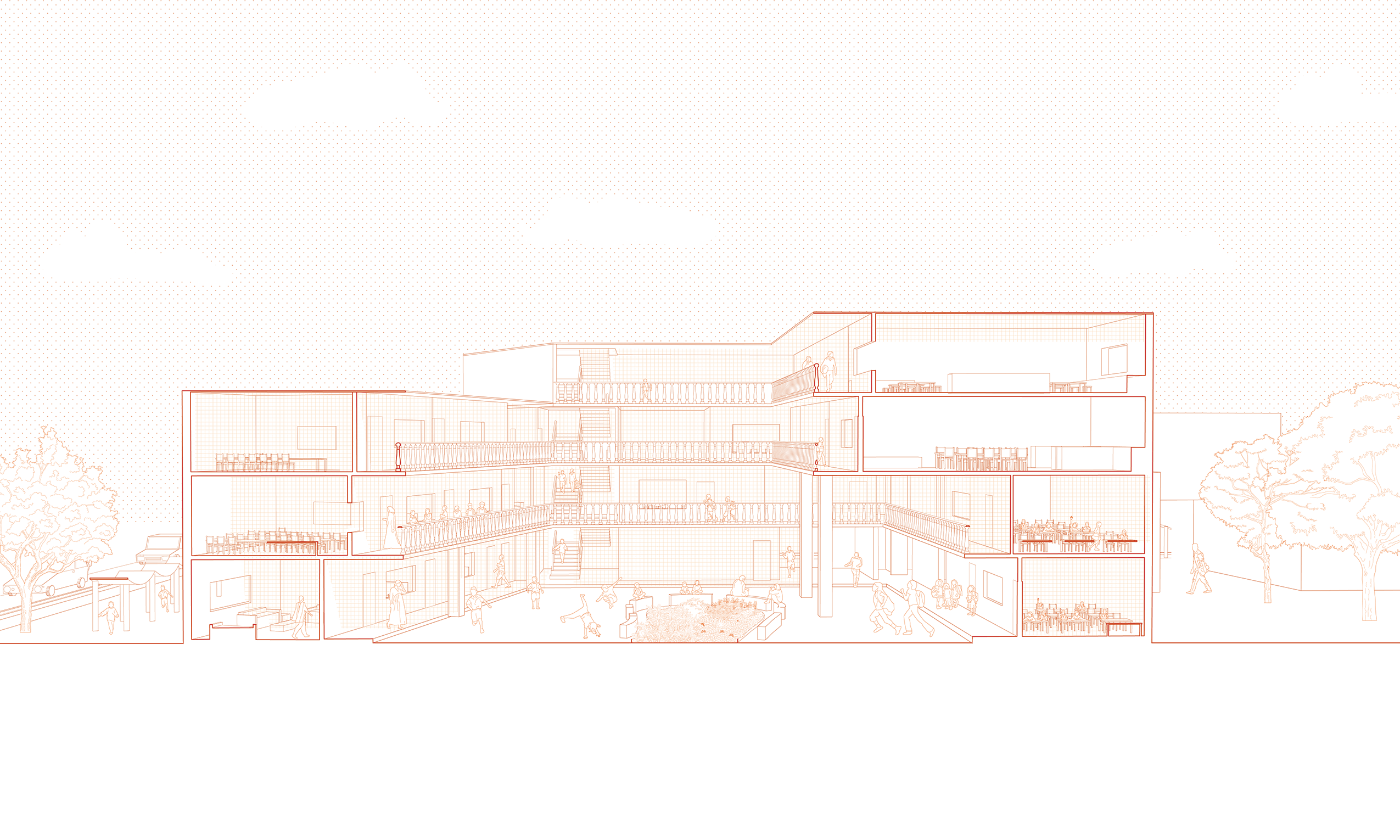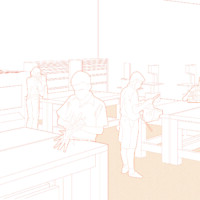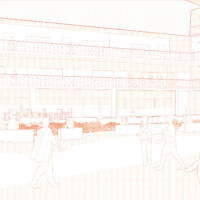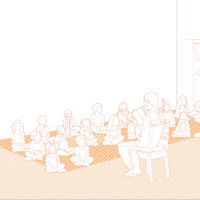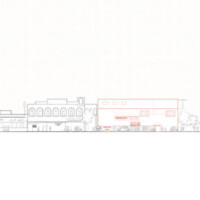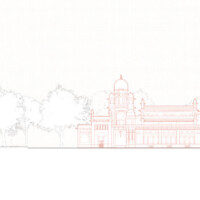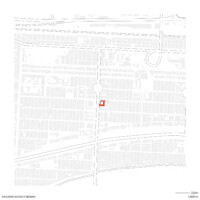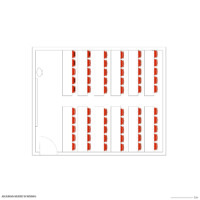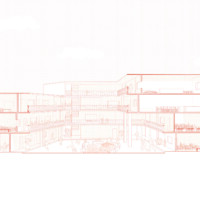Shah Faisal Colony, Karachi, is home to 520,830 people, with 50,000 of the 200,000 school-going-age children (3-16) not attending school. The tarnished public image of government schools in Pakistan drives families to opt for unaffordable private education or child labour. My thesis proposes an intervention within and beyond a government school, enhancing spaces, expanding capacity, and fostering shared resources by integrating educational spaces within the urban fabric.
This thesis proposes meaningful changes extending the school’s campus beyond its physical boundaries by leveraging the empty storefronts and other vacant spaces throughout the city. These interventions create a reciprocal relationship between the school and the city. Public programming within the school, including access to facilities such as a library, assembly room, and garden, invites the community into the educational space. Together, the school and city work towards mutual empowerment and the collective advancement of their shared environment.
By fostering collaborations with local businesses, these spaces become dynamic hubs for imparting essential life skills, such as cooking and woodworking, preparing children for entry into the workforce. This approach challenges the traditional emphasis on English language learning and Western-centric education paradigms, prioritizing instead a curriculum that aligns with local contexts and empowers students with practical skills relevant to their community and future careers. The city becomes the school, mixing green spaces with educational facilities. This adaptable system catalyzes broader educational reforms, ultimately empowering public schools to be crucial components of cities in Pakistan.
